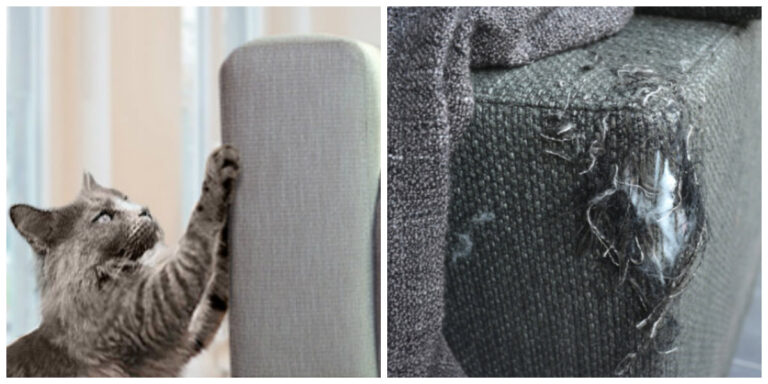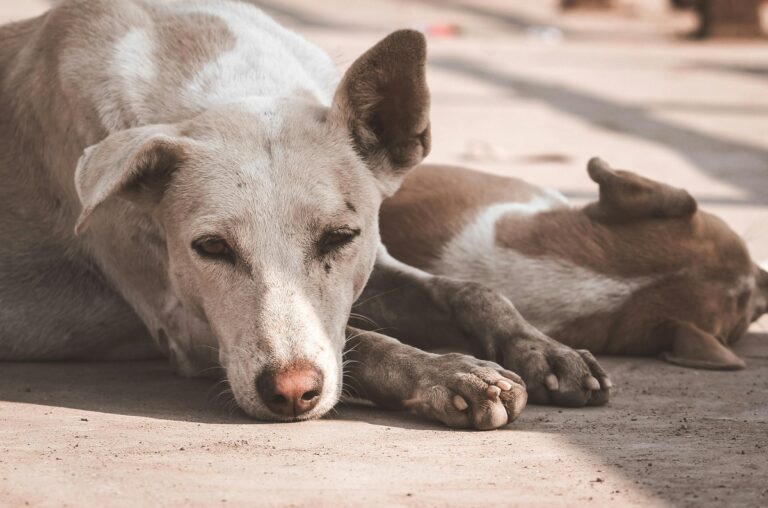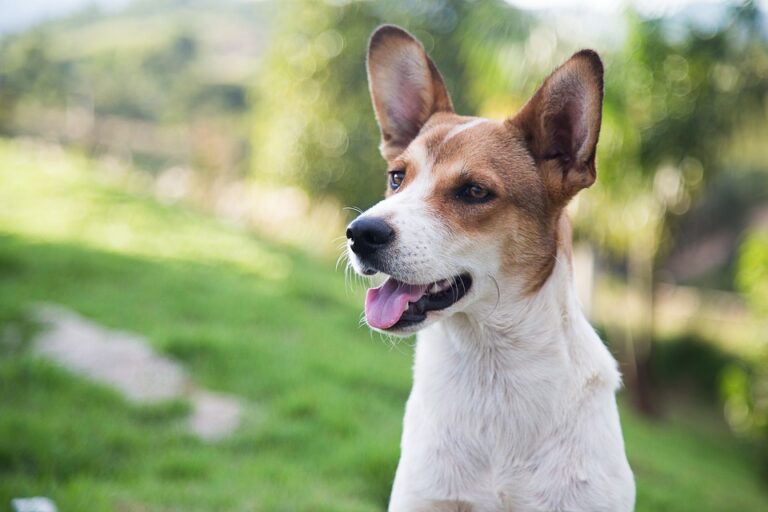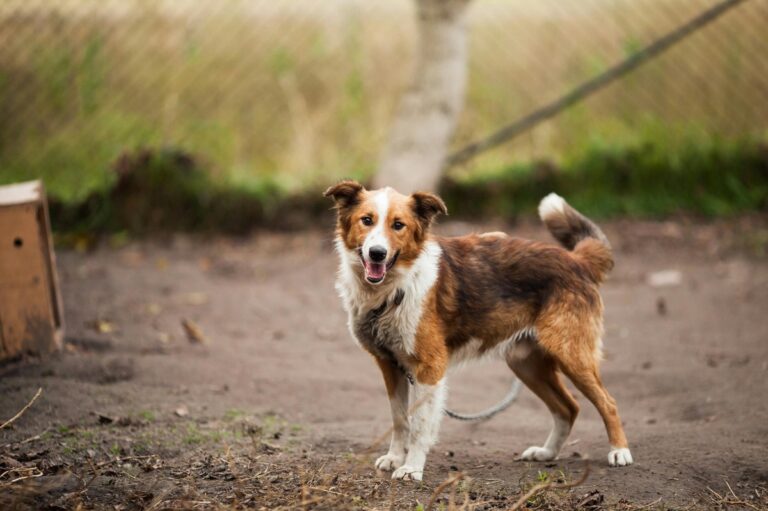6 Signs That Your Cat is Happy (And 6 Signs of Distress)
Cats may be mysterious and independent, but they have subtle ways of expressing their emotions. While they might not wag their tails like dogs, their body language, behavior, and vocalizations can reveal whether they’re content or feeling stressed.
As a cat owner, understanding these signs can help you strengthen your bond with your feline friend and ensure they live a healthy, happy life. Here are 6 signs that your cat is truly happy—and 6 warning signs that they may be in distress. Starting with signs of happiness:
1. Slow Blinking and Relaxed Eyes
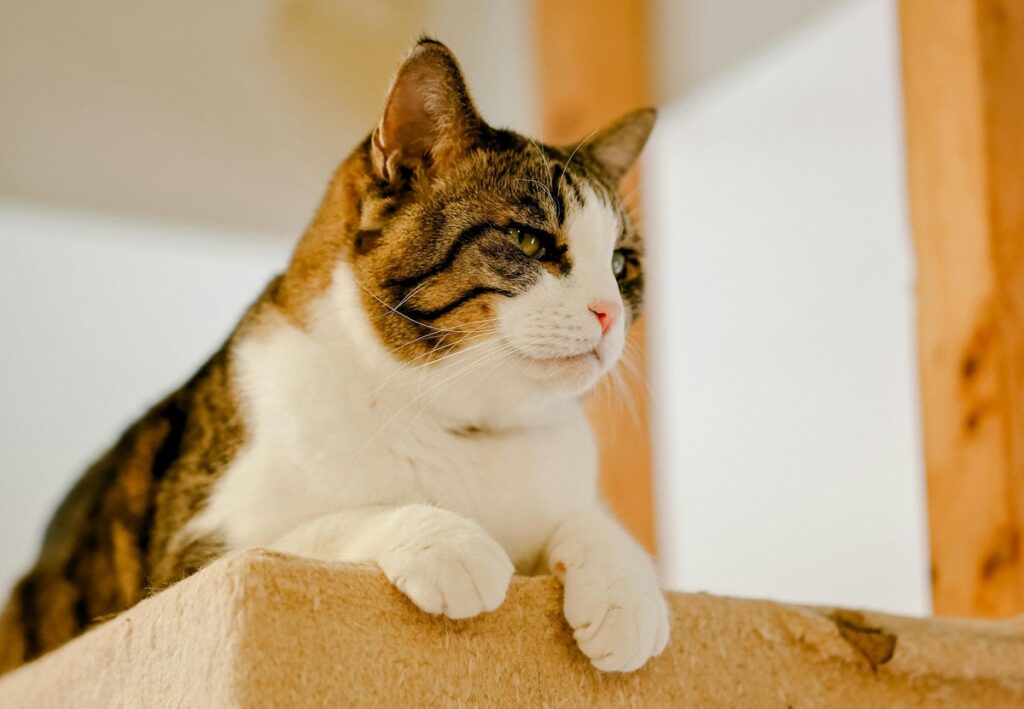
A happy cat will slowly blink at you, often referred to as “cat kisses.” This gesture is a sign of trust and affection—if your cat blinks slowly at you, try returning the gesture to show them you love them too!
Their eyes should also appear soft and relaxed, with no signs of dilated pupils or staring, which can indicate fear or stress.
What It Means: Your cat feels safe and comfortable around you.
2. Purring and Soft Vocalizations
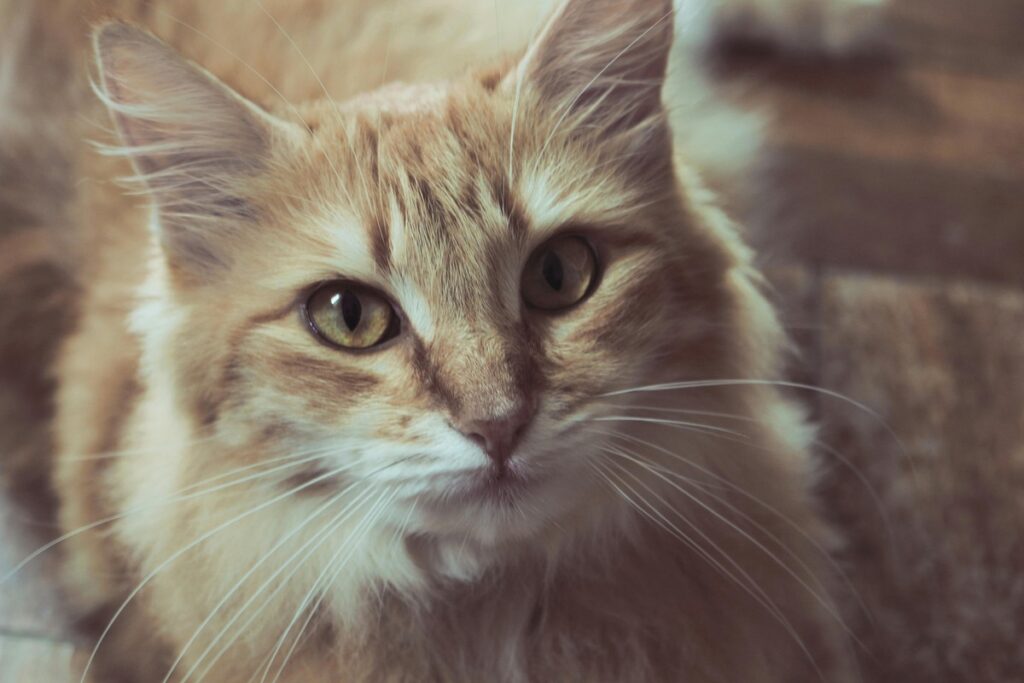
Purring is one of the most common signs of a content and happy cat. While cats sometimes purr when they are unwell, a deep, steady purr usually means your cat is feeling good.
Soft chirps or gentle meows can also indicate happiness and excitement, especially when they greet you at the door or ask for attention.
What It Means: Your cat enjoys your company and feels at ease.
3. Kneading with Their Paws
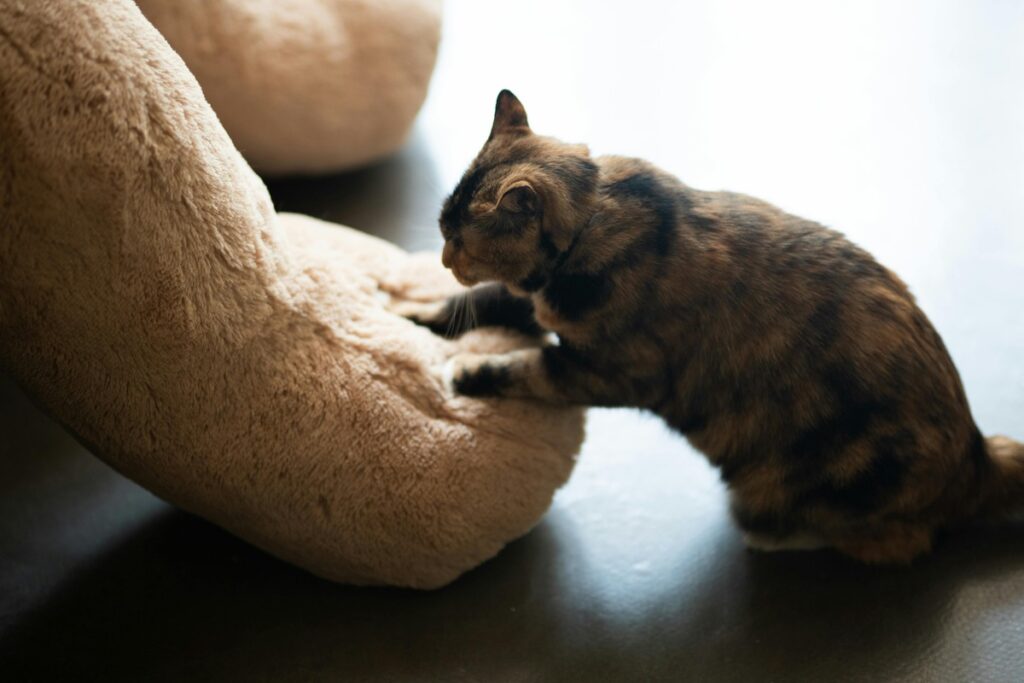
Also known as “making biscuits,” kneading is a behavior that starts in kittenhood when nursing. If your cat kneads on you or their favorite blanket, it means they feel comfortable, happy, and secure.
Some cats will even drool while kneading, which is a sign of pure relaxation and trust.
What It Means: Your cat feels safe and affectionate toward you.
4. A Loose, Wiggly Body and Upright Tail
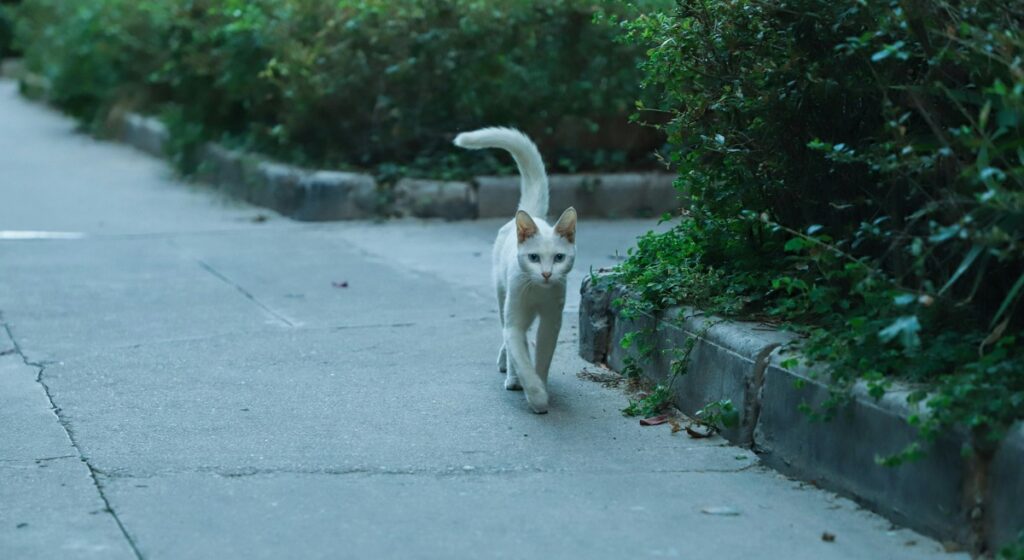
A cat with a relaxed posture, soft muscles, and an upright tail is usually feeling great. A happy cat may even do a little wiggle before playfully pouncing or rub their head against you (a sign of affection called “bunting”).
If their tail is curled at the tip like a question mark, they are in a playful and social mood.
What It Means: Your cat is content and enjoys being around you.
5. Playfulness and Curiosity
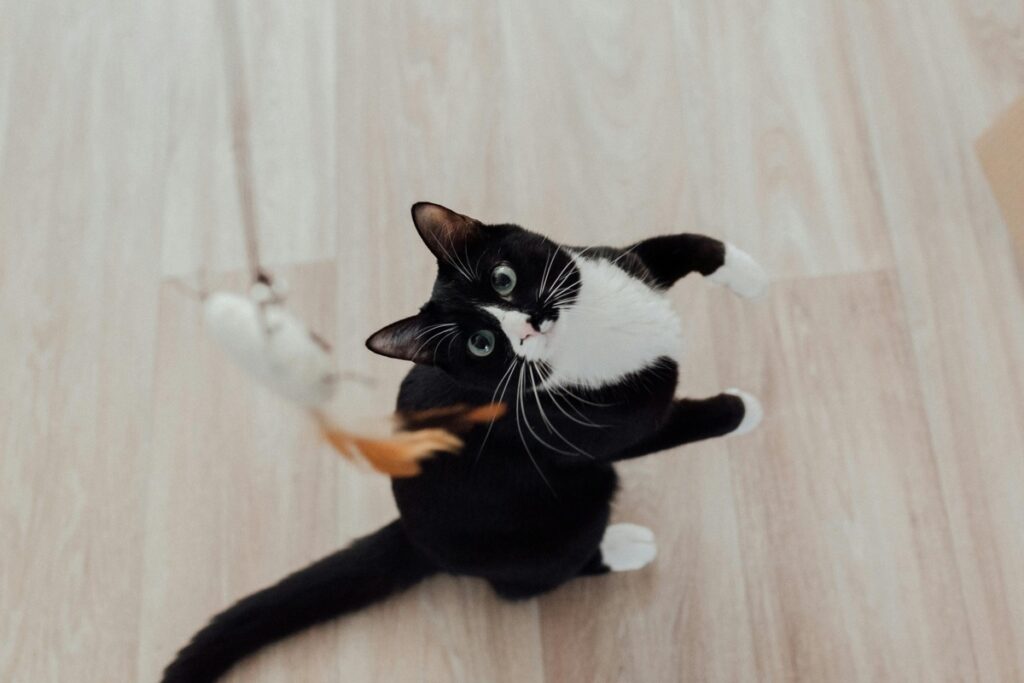
A happy cat loves to explore, chase toys, and engage in playful behavior. Whether it’s pouncing on a toy mouse or chasing a laser pointer, active engagement is a great sign of feline happiness.
Cats who regularly interact with their environment and show curiosity about new objects are usually feeling mentally stimulated and happy.
What It Means: Your cat feels safe, confident, and engaged.
6. Eating Well and Grooming Regularly
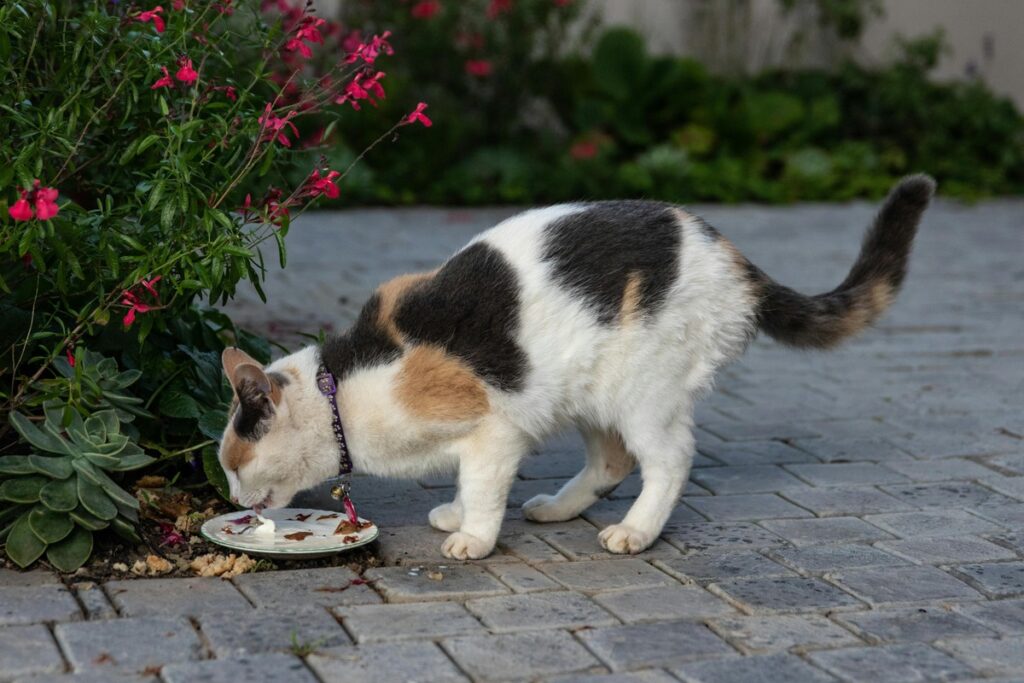
A consistent appetite and regular grooming are key indicators of a healthy and happy cat. Cats who feel good will clean themselves frequently, keeping their coats sleek and tidy.
If your cat is eating their usual meals and maintaining good hygiene, it’s a strong sign that they’re feeling comfortable and stress-free.
What It Means: Your cat is mentally and physically healthy.
Now let’s move onto 6 signs of distress:
1. Hiding or Avoiding Interaction
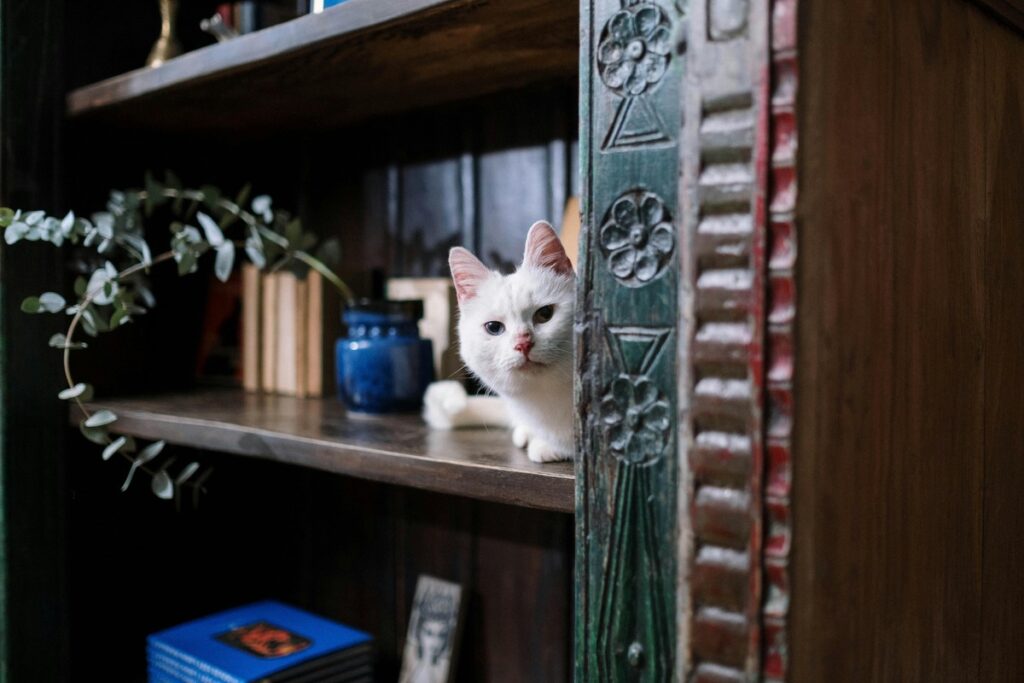
If your cat suddenly starts hiding under furniture or avoiding human contact, this is a sign of stress, fear, or illness. While some cats are naturally shy, a sudden change in social behavior should not be ignored.
If your normally friendly cat becomes withdrawn, it may indicate anxiety, pain, or a health issue.
What It Means: Your cat may feel threatened, sick, or scared.
2. Excessive Grooming or Hair Loss
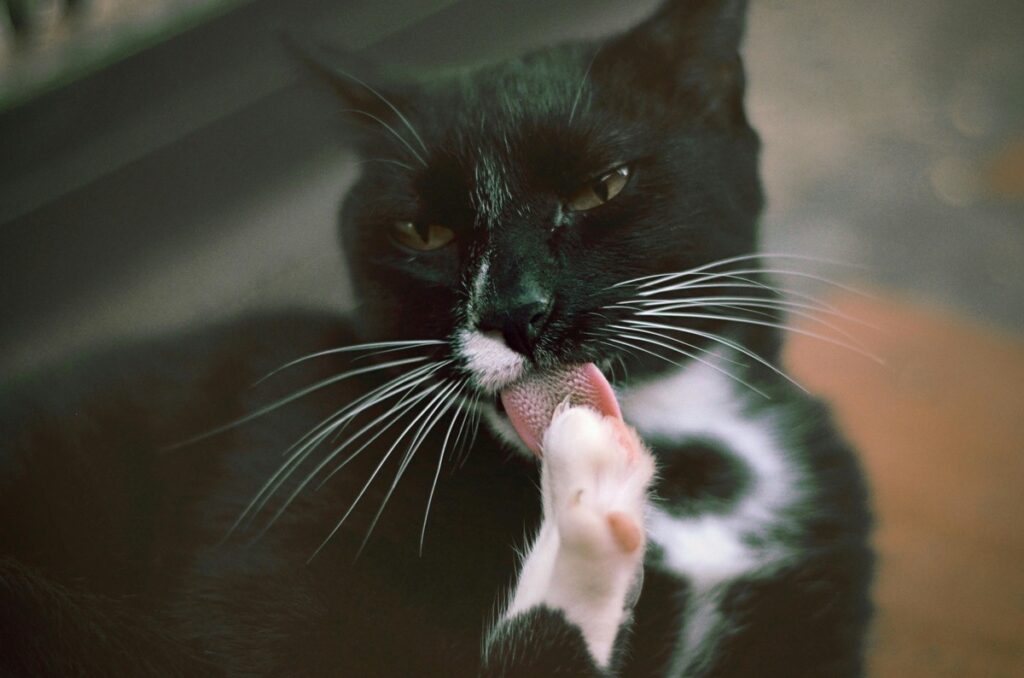
While grooming is normal, over-grooming to the point of bald spots, skin irritation, or excessive shedding can be a sign of stress, allergies, or medical issues.
Cats experiencing anxiety, flea infestations, or skin disorders may lick or bite their fur excessively, leading to hair loss or raw patches.
What It Means: Your cat may be stressed, itchy, or in pain.
3. Loss of Appetite or Sudden Overeating
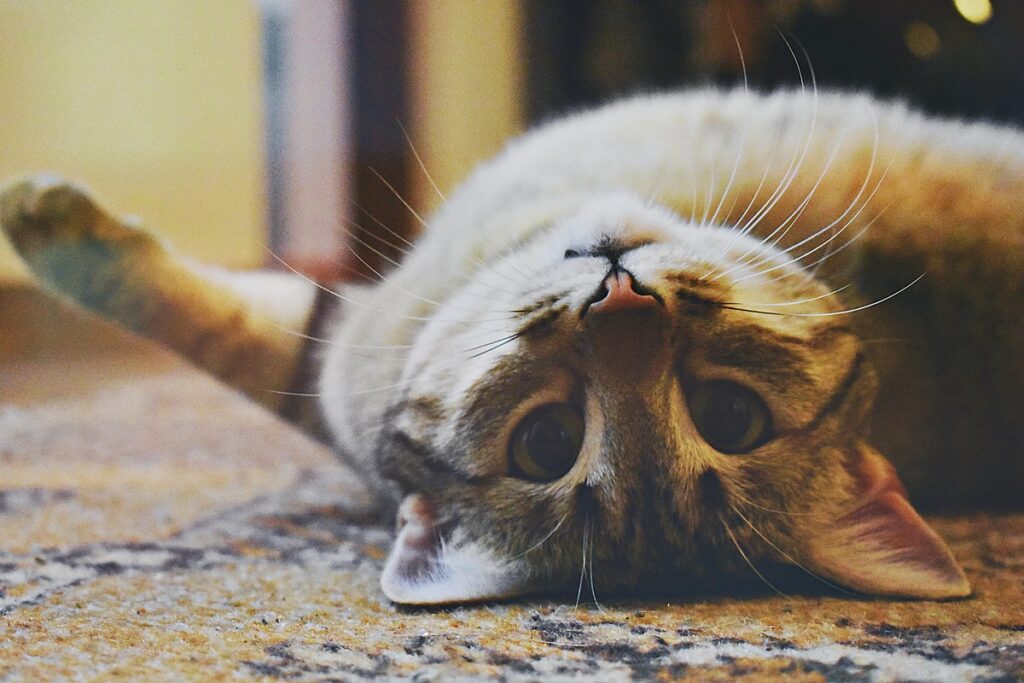
A sudden decrease in appetite can indicate stress, illness, or digestive problems. On the other hand, some cats may start overeating due to anxiety or boredom.
Any drastic change in eating habits—especially refusing food for more than 24 hours—should be checked by a vet.
What It Means: Your cat might be unwell, anxious, or experiencing discomfort.
4. Aggression or Sudden Mood Swings
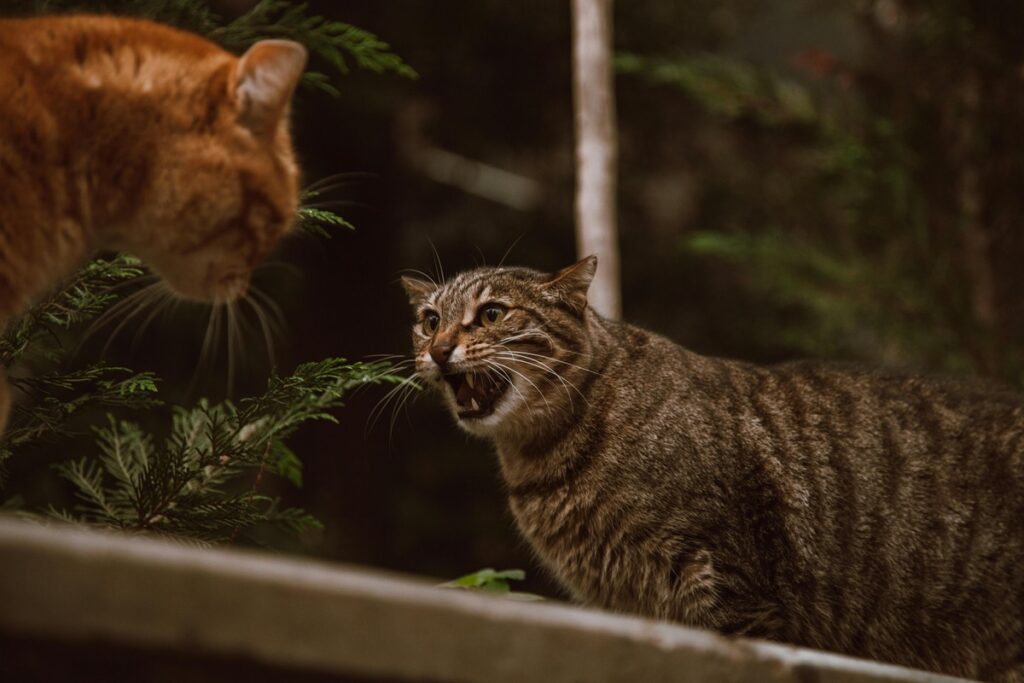
If your usually calm cat starts growling, hissing, or swiping at you, it could be a sign of pain, fear, or anxiety.
Unprovoked aggression can be caused by stress, medical conditions, or even territorial disputes with other pets. A sudden change in behavior should not be ignored.
What It Means: Your cat may be stressed, in pain, or feeling insecure.
5. Lethargy or Lack of Interest in Play
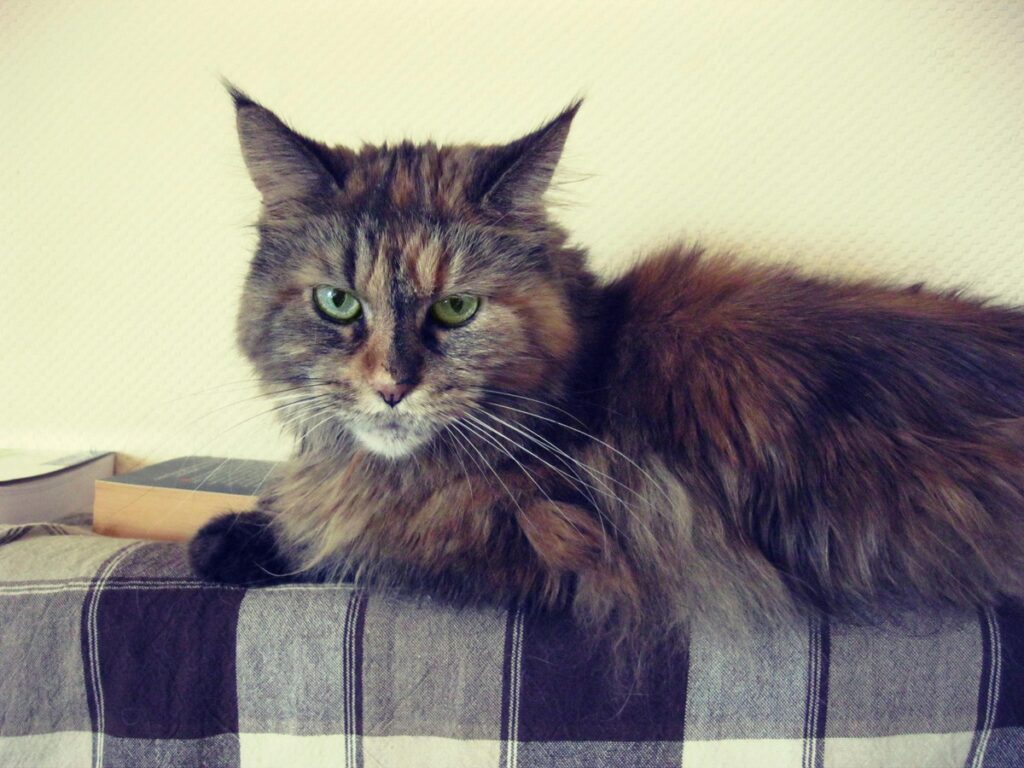
A happy cat is naturally curious and playful, so a sudden drop in energy or interest in toys could indicate depression, illness, or aging-related issues.
If your cat sleeps excessively, refuses to play, or seems weak, it’s best to monitor their behavior closely and visit a vet if it persists.
What It Means: Your cat might be unwell, depressed, or lacking stimulation.
6. Changes in Litter Box Habits
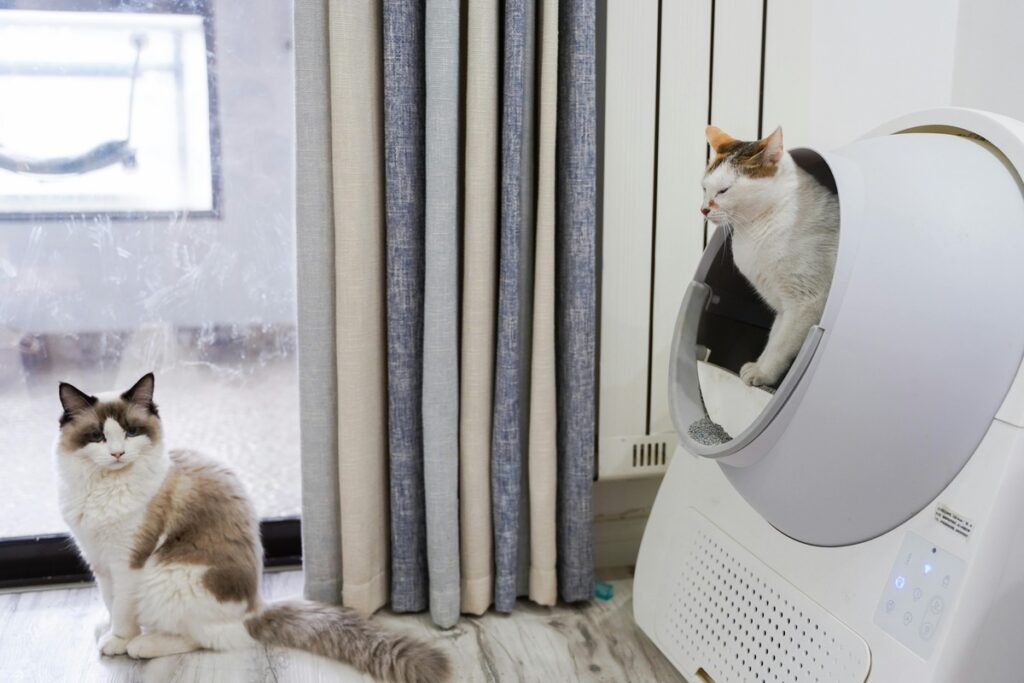
If your cat suddenly starts peeing outside the litter box, it could signal stress, a urinary tract infection, or kidney problems. Straining, crying while urinating, or frequent trips to the box should be taken seriously.
Cats are naturally clean animals, so any change in litter box behavior is often a sign of an underlying issue.
What It Means: Your cat could be stressed, sick, or marking territory due to anxiety.
Things to Keep in Mind
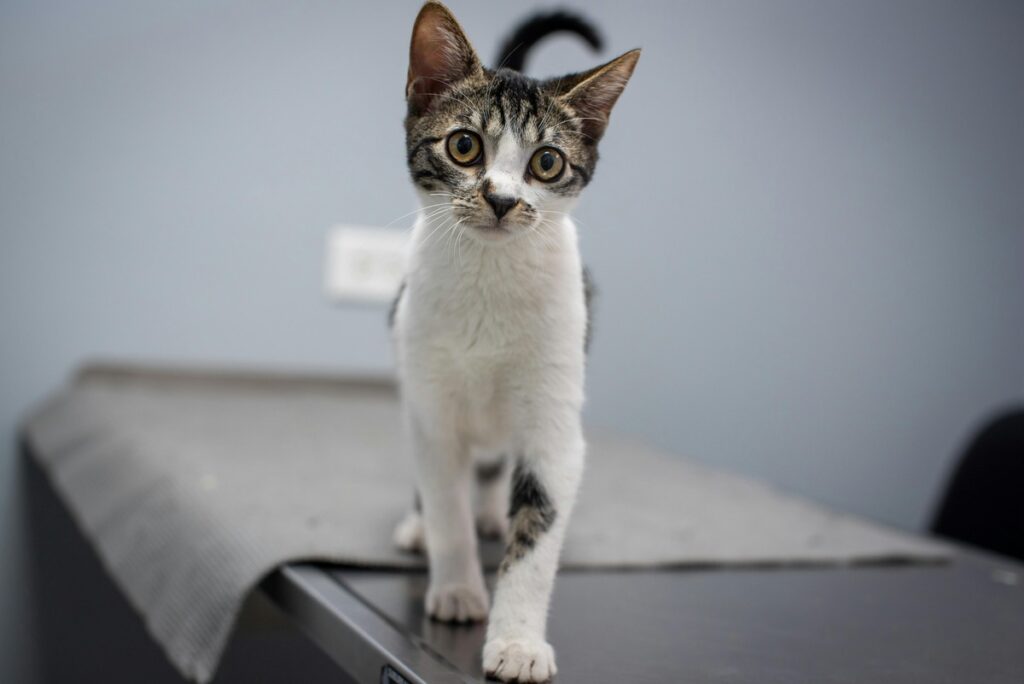
Cats communicate their feelings through body language, vocalizations, and behavior. By paying attention to signs of happiness and distress, you can ensure your cat feels safe, loved, and comfortable in their home.
If you notice persistent signs of distress, consult a veterinarian or animal behaviorist to address any potential medical or emotional concerns. A happy cat means a happy home—so make sure to provide the love, care, and attention they deserve!



